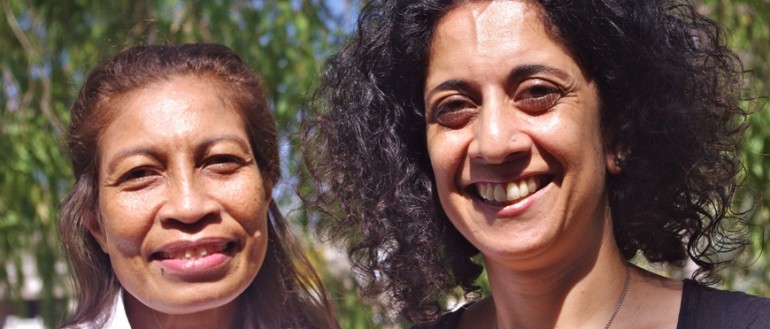Pneumonia is the most common cause of death in children, accounting for at least 18 per cent of global child mortality and 50 per cent of deaths in some countries in the region.
Global models suggest that of the estimated 1.3 million children dying from pneumonia each year, at least one third are attributable to Streptococcus pneumoniae (pneumococcus), a bacteria also responsible for invasive disease including meningitis.
Infant vaccination against selected serotypes of pneumococcus has been available since 2000, with the licensure of the 7-valent pneumococcal conjugate vaccine (PCV) in the United States. Since this time, two new PCVs have been developed, the 10-valent Synflorix and 13-valent Prevenar-13.
There have been no studies to date directly comparing the immunogenicity of these two vaccines. Pneumococcus is the leading vaccine preventable cause of death in young children, and the World Health Organisation recommends introduction of PCV as a priority. However, the cost of these PCVs has restricted their introduction into developing countries, and there is a need to evaluate alternative vaccination schedules to facilitate their introduction.
Our research focus:
- In Vietnam, to evaluate vaccination schedules involving a three, two or one dose primary series of pneumococcal conjugate vaccine, timed around options for simplification of the EPI schedule for developing countries
- To compare the responses to the two currently available pneumococcal conjugate vaccines
- To provide information that is relevant to Governments in the region considering pneumococcal vaccine introduction.
Our research impact:
- Early data suggest that this community-based, low-cost method of management could have a profound impact on pneumonia-related child deaths in Vietnam and Cambodia.

